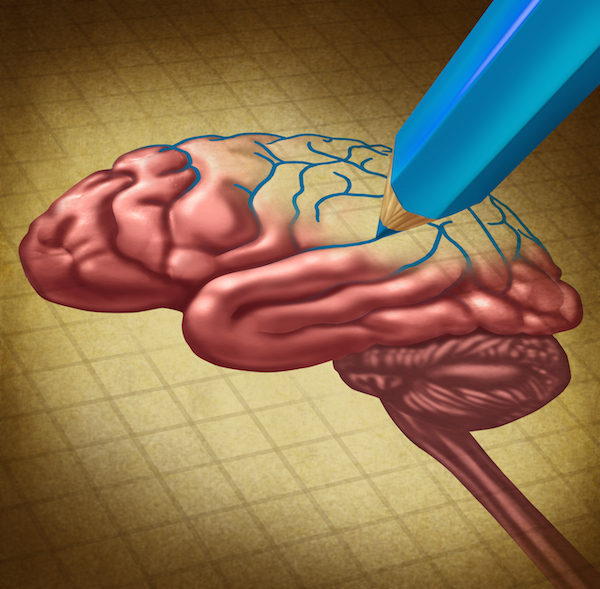
TUESDAY, Sept. 4 (HealthDay News) — No one thought Sherry S., a 91-year-old former sociologist with dementia-related short-term memory loss, could write.
But one Wednesday afternoon, Sherry wandered into a writing workshop at a community center in Albuquerque, N.M., and proceeded to astonish the group with her story about Homer the Artistic Turtle.
“Although [Homer] is not required to be cheerful, he tries to be interesting partly because who wants an uninteresting turtle?” Sherry wrote, adding that Homer clearly was “artistic and color-conscious” because “he prefers green lettuce with purple coloring on the sides.”
Homer was also a writer, having penned a book on turtle senior living. “He should be well known in his field, which is not very crowded,” Sherry wrote. “There is an unfortunate lack of interest in turtle well-being.”
The writing surprised Sherry’s daughter, Scott Sandlin.
“She’s always been a good writer, but it’s interesting to me that she’s retained that skill even while other parts of memory diminish,” Sandlin said.
But the feat likely would not have surprised Anne Basting, who is director of the Center on Age and Community at the University of Wisconsin Milwaukee. Basting has pioneered writing and other arts programs for people living with dementia.
“People look at dementia as loss and deficit. They never assume people with dementia can grow or learn anything [but] that’s what we’re witnessing: growth and expression and skill-building,” she said.
“[Humans] have this enormous capacity to learn, and the arts are so intrinsic within us that even with dementia we still retain that ability for imagination and creativity,” added Gay Hanna, executive director of the National Center for Creative Aging, in Washington, D.C.
With baby boomers inevitably progressing toward old age and sometimes dementia as well, there is a growing need and a growing push for programs that can give meaning to a senior citizen’s life as well as reduce strain on the caregiver.
It’s not just writing programs and storytelling but also dance, music and painting, each of which provides its own particular benefit.
Writing, for instance, allows the person with dementia to bypass the world of traditional language, where they may not get the right word at the right time, and slip into their own world of metaphor, Basting explained.
“It’s a benefit to us all because we learn to see the world differently,” she said.
Dance, drama and singing are all very physical, and so have an impact on physical health, added Hanna.
All of these forms of artistic expression foster a sense of community, and may even slow the progression of the disease by breaking through the isolation that can quicken decline.
“People always [want to know if] this improves cognitive functioning [but] why would there be an expectation that arts should do this or that?” said Basting, who is author of the book, “Forget Memory.” She added, “There are basic improvements in well-being, a sense of belonging, a sense of self, a sense of mastery and skill-building and growing in the moment… We’re improving quality of life as long as possible. That’s pretty significant.”
Basting said she’s received inquiries about senior-oriented arts programming from such diverse sources as firefighters in Alabama who want to engage positively with people with dementia, to museum education programs that want to continue to serve their aging membership.
“We understand that the first impulse is to go with medicine, [but] communities are now starting to respond,” she said.
More information
Visit the National Center for Creative Aging for more on imaginative programs for seniors.

